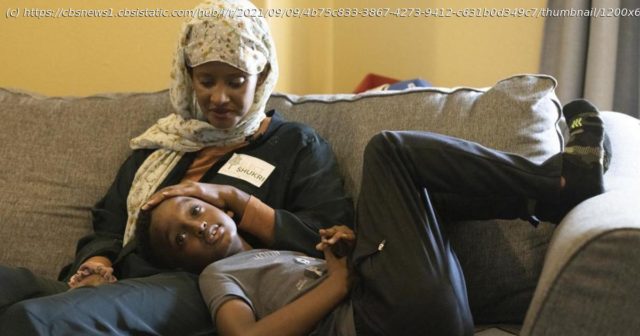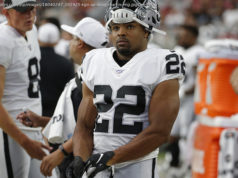«I try to do what I can to make sure that more of us know that this is our nation, too,» one Muslim American said
A car passed, the driver’s window rolled down and a man hurled an epithet at the two young girls wearing hijabs: «Terrorist!» It was 2001, just weeks after the twin towers at the World Trade Center fell, and 10-year-old Shahana Hanif and her sister were walking to the local mosque in Brooklyn, New York. Frightened, they ran. Hanif, now 30, can still recall the shock of the moment, her confusion over how anyone could look at her, a child, and see a threat. «It’s not a nice, kind word,» she said. «It means violence, it means dangerous. It is meant to shock whoever is on the receiving end of it.» But the incident also spurred a determination to speak out for herself and others. Hanif is today a community organizer who is favored by many to win a seat on the New York City Council in an upcoming municipal election. Saturday marks the 20-year anniversary of. Weeks after the attacks, Arab and Muslim Americans like Hanif became targets of hate crimes and violence. «There was a significant and very vocal minority at the beginning that harbored negative views of Muslims,» said Dalia Mogahed, research director for the Institute for Social Policy and Understanding, a Michigan think tank that studies social trends impacting Muslim Americans. Two decade on, hostility persists. The Iraq War, launched in 2003, helped fuel some Americans’ antipathy toward Muslims, as did political rhetoric from Republicans during the 2008 and 2012 presidential elections, Mogahed said. A recent poll from the Associated Press-NORC Center for Public Affairs Research conducted ahead of the 9/11 anniversary found that 53% of Americans hold unfavorable views toward Islam, compared with 42% who have favorable ones. This stands in contrast to Americans’ much more favorable opinions about Christianity and Judaism. A Pew Research Center study this month also found that although the U.






